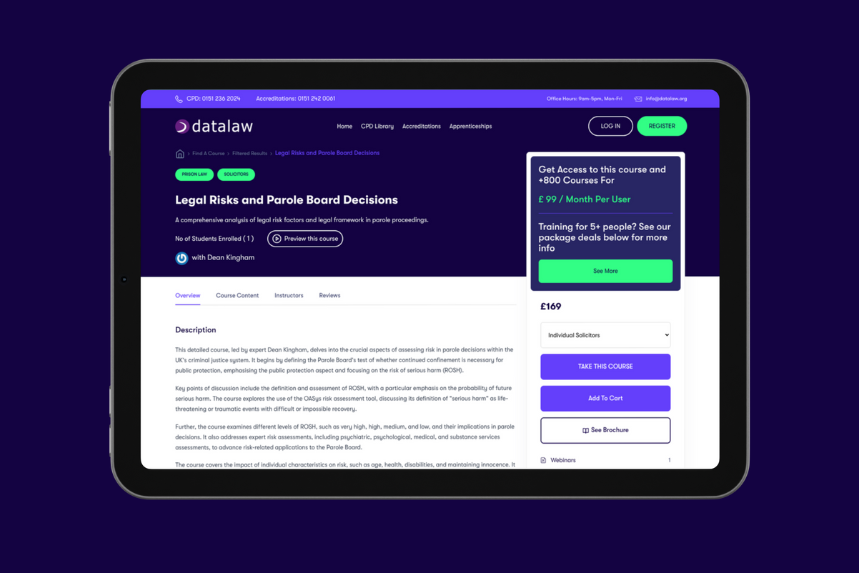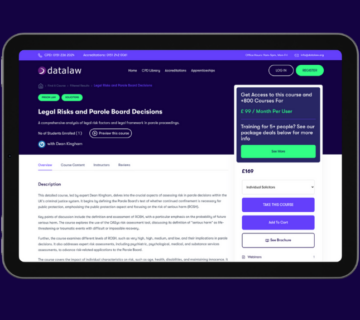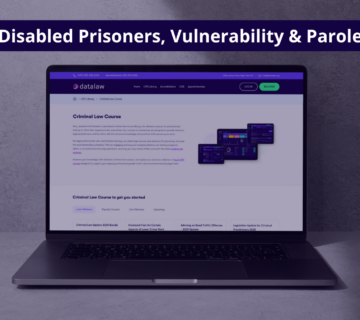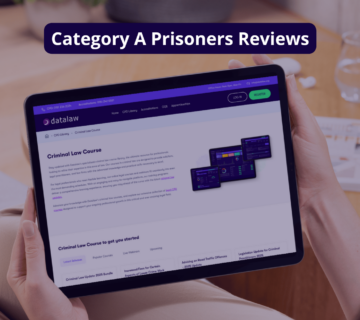In the complex landscape of parole and legal risks assessment within the UK legal system, navigating the considerations for parole board decisions is crucial for legal practitioners. This article delves into the core aspects of risk assessment, focusing on the parole board’s criteria, the significance of the risk of serious harm (ROSH), the methodologies employed in assessing re-offending risk, and the application of expert risk assessments in parole hearings.
Download Our Free “Legal Risks and Parole Board Decisions” E-Book
The Parole Board’s Test for Release
At the heart of parole decisions is the evaluation of whether the continuation of confinement is necessary for public protection. This determination hinges on a pure public protection test, assessing the necessity of confinement rather than the potential benefits of release.
Risk of Serious Harm (ROSH) Explained
ROSH is defined by the likelihood of future offenses causing serious harm, an event that could be life-threatening or result in difficult or impossible recovery. Understanding the dimensions of ROSH, including the likelihood of an offense occurring and the potential impact of such an offense, is vital in parole deliberations.
Risk of Re-offending Assessment Tools
The assessment of re-offending risk utilises tools like OGRS, OVP, and Dynamic RSR Assessment within the OASys framework. These actuarial and structured professional assessments provide estimates of reconviction probabilities, emphasising the need for a nuanced approach to each case.
Expert Risk Assessments in Parole Hearings
Considering expert risk assessments, including psychiatric, psychological, and medical evaluations, can be pivotal in advancing parole applications. These assessments offer detailed insights into an individual’s risk factors and protective measures, aiding in a comprehensive understanding of their potential for reintegration into society.
Implications for Legal Practice
For legal professionals, effectively representing clients in parole hearings requires a deep understanding of risk assessment methodologies and the parole board’s decision-making criteria. This knowledge ensures that practitioners can better advocate for their clients, addressing the multifaceted aspects of risk and protective factors in their applications for parole.
Navigating the parole process and understanding the intricate details of risk assessment are critical for legal practitioners. By comprehensively evaluating the factors that influence parole decisions, legal professionals can enhance their advocacy, contributing to fair and informed outcomes in the parole process.



